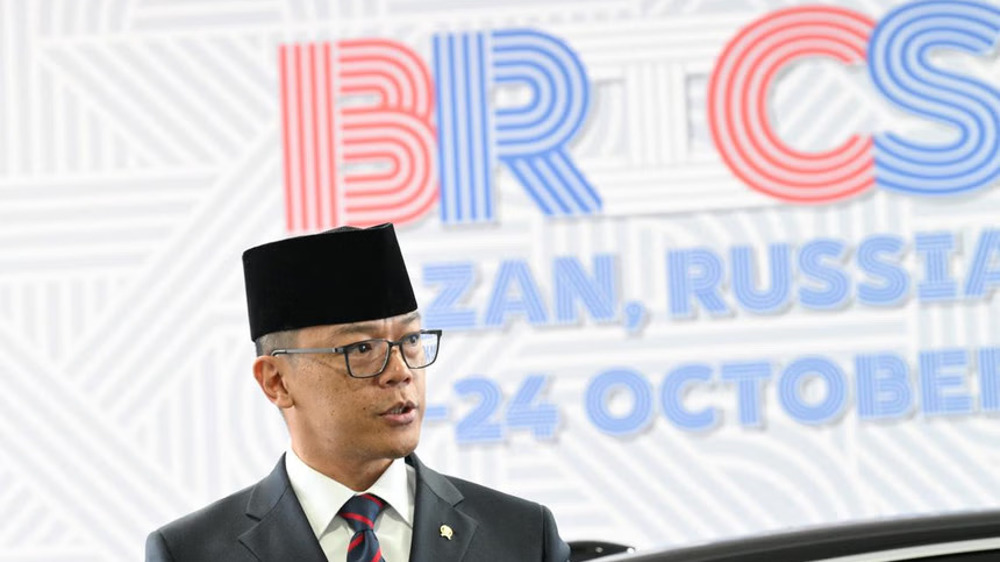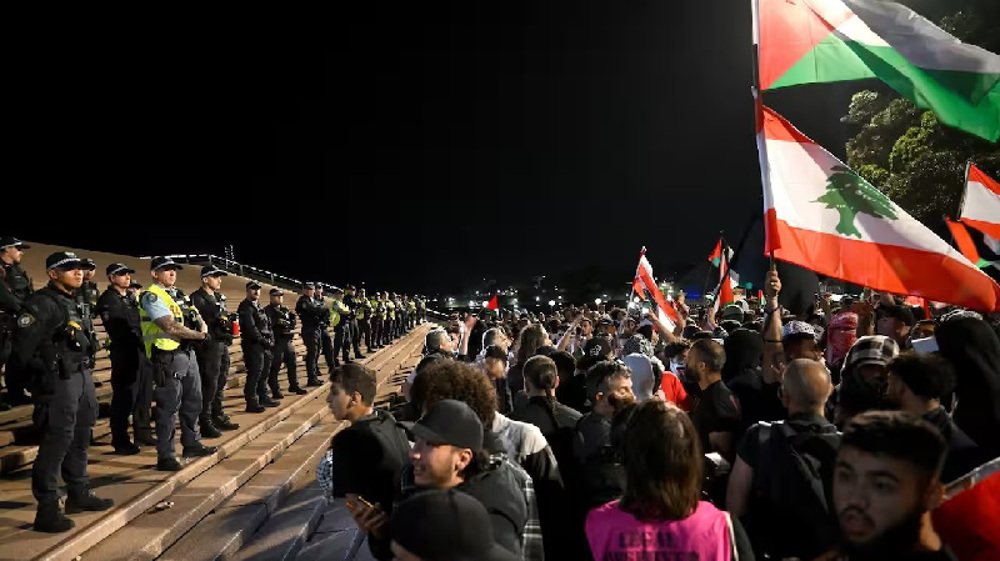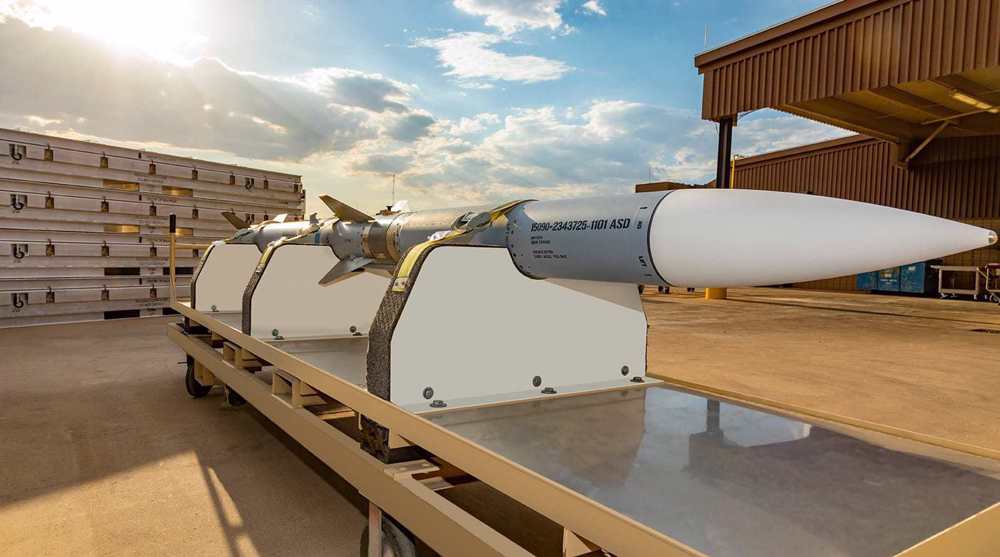UN says over 400,000 Rohingya have entered Bangladesh as Dhaka seeks help
The United Nations says so far more than 400,000 desperate Rohingya Muslims have fled the violence in Myanmar and crossed into neighboring Bangladesh, as Dhaka pleads for global help to cope with the humanitarian crisis.
“An estimated 409,000 Rohingya refugees have arrived in Bangladesh since August 25, fleeing violence in Myanmar's Rakhine state,” said Joseph Tripua, a UN refugee agency spokesman, in a statement on Saturday.
The latest figure came a day after the UN announced that some 391,000 Rohingya refugees had entered Bangladesh, showing a leap of 18,000 in a matter of a day. The exodus from the violence-wracked Rakhine state makes it one of the fastest growing refugee crises in recent years.
On Saturday, Bangladeshi Prime Minister Sheikh Hasina headed for the UN General Assembly in New York to plead for international assistance in a bid to cope with the mounting crisis.
“Sheikh Hasina will raise the Rohingya issue during her speech at the UN General Assembly. She will seek immediate cessation of violence in Rakhine state in Myanmar and ask the UN secretary general to send a fact-finding missing to Rakhine,” said Nazrul Islam, a spokesman for the premier, on Saturday.
He added that Hasina would call on the international community to put pressure on Myanmar for the “repatriation of all the Rohingya refugees to their homeland in Myanmar.” The Bangladeshi prime minister left for New York a day after Dhaka summoned the Myanmar envoy for the third time to protest over its neighbor’s actions.
Conditions are deteriorating in Bangladesh’s border town of Cox's Bazar, where the constant influx has increased pressure on already-overcrowded Rohingya camps with 300,000 members of the minority from earlier refugee waves.
A joint report prepared by a group of UN agencies and two charities said at least a woman and two children had lost their lives “in a stampede during an unauthorized clothing distribution on the road in Balukhali Pan Bazar area” earlier on Friday.
The volatile Rakhine, located in the northwest of Myanmar, has been the scene of communal violence since 2012. Many of the Muslims have lost their lives while tens of thousands have been displaced as a result of attacks by Buddhists. The refugees largely live in camps in dire conditions.

Since October 2016, Myanmar’s government has laid a siege to the western state of Rakhine, where the Rohingya Muslims are concentrated. There, horrific violence, including killing, rape and torching property, has been taking place against the minority Muslims, according to reports and eyewitnesses.
The attacks have seen a sharp rise since August 25 after dozens of police and border outposts in Rakhine came under attack purportedly by a group claiming to be the defenders of the Rohingya. The alleged assaults were launched in response to a government clampdown in the area, where over a million Rohingya are based.
Rohingya Muslims fleeing violence and persecution in their home country of Myanmar continue to arrive in Bangladesh. Refugees are waiting for handout from aid agencies since they lack food, clean water and shelter. Locals say many of the Rohingya refugees are also sick and wounded. Thousands of the displaced people have been stranded or left without enough food for weeks.
Myanmar’s leader Aung San Suu Kyi is under fire by the international community and rights groups for allowing the government troops and the Buddhist mobs to further impose a violent clampdown on the desperate minority.
Suu Kyi, who was awarded the Nobel Peace Prize in 1991, is also heavily criticized by a number of her fellow Nobel laureates, including Malala Yousafzai and Desmond Tutu, for allowing such atrocities against the Rohingya.
Myanmar’s government denies full citizenship to the Rohingya, branding them illegal immigrants from Bangladesh. Dhaka, in turn, regards the desperate refugees as Myanmarese and harshly pushes them back. The Rohingya, however, track their ancestors many generations back in Myanmar.
Yemeni drones hit targets in Israel-occupied Yaffa
VIDEO | Is the worst yet to come?
ICC prosecutor pushes rejection of appeal on Netanyahu arrest warrant
Iran’s exports to Russia up 14% y/y in 9 months to late Dec.
IRCS: US willing to accept Iran’s financial aid instead of human resources
Iran raises its gasoline output by nearly 10% in just 3 months
VIDEO | Biden’s legacy in West Asia
South Korea says North launched several missiles off east coast













 This makes it easy to access the Press TV website
This makes it easy to access the Press TV website